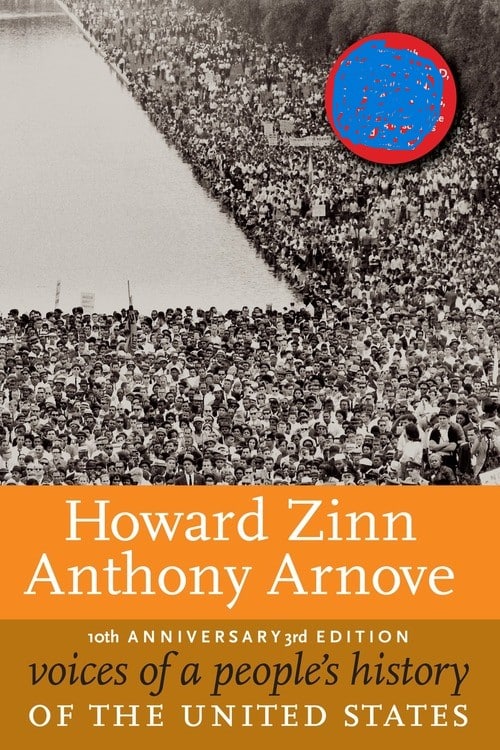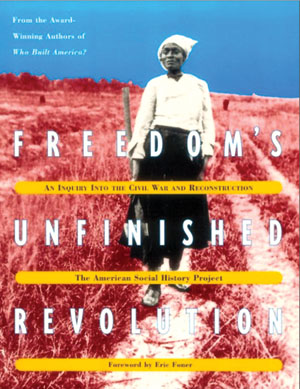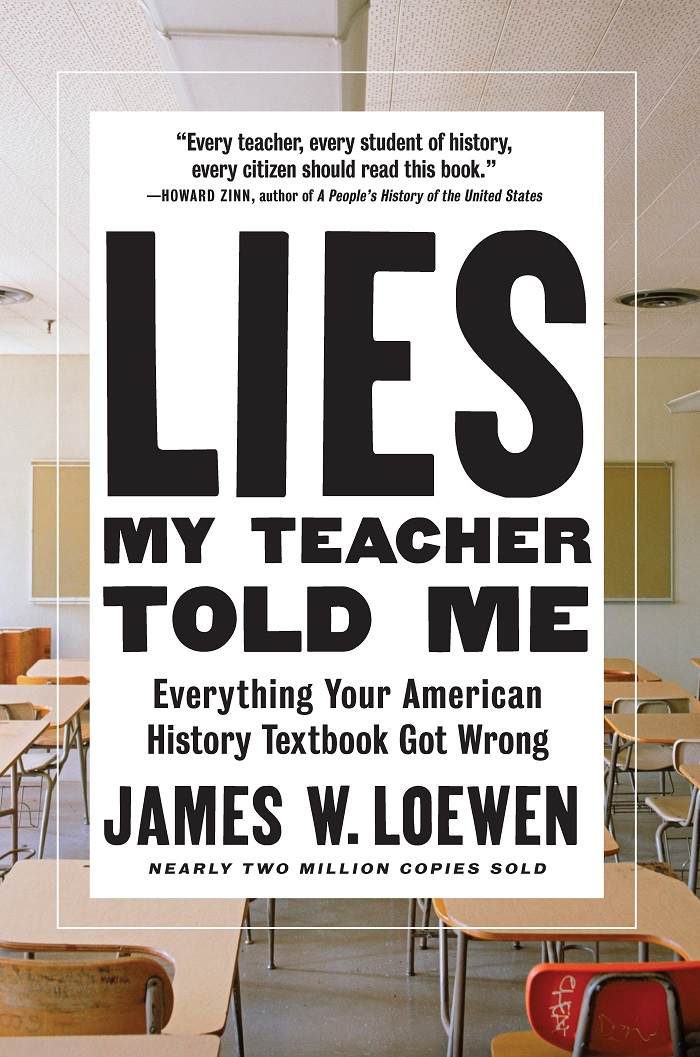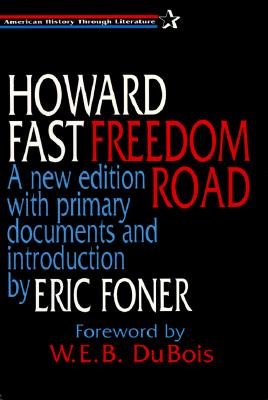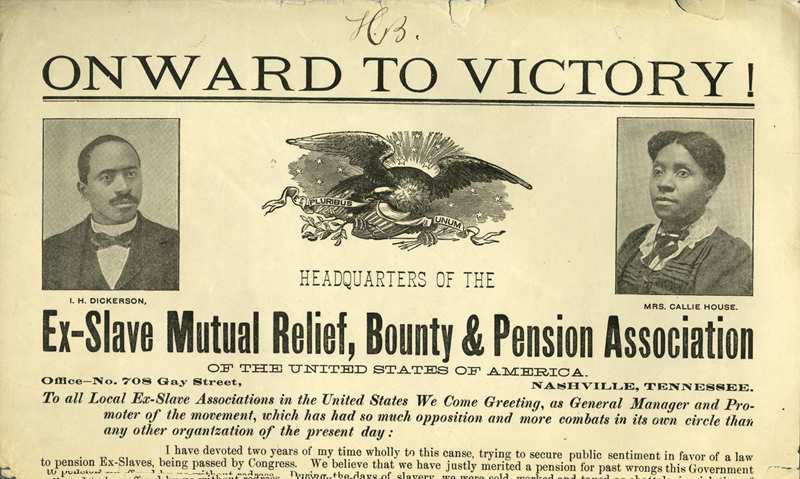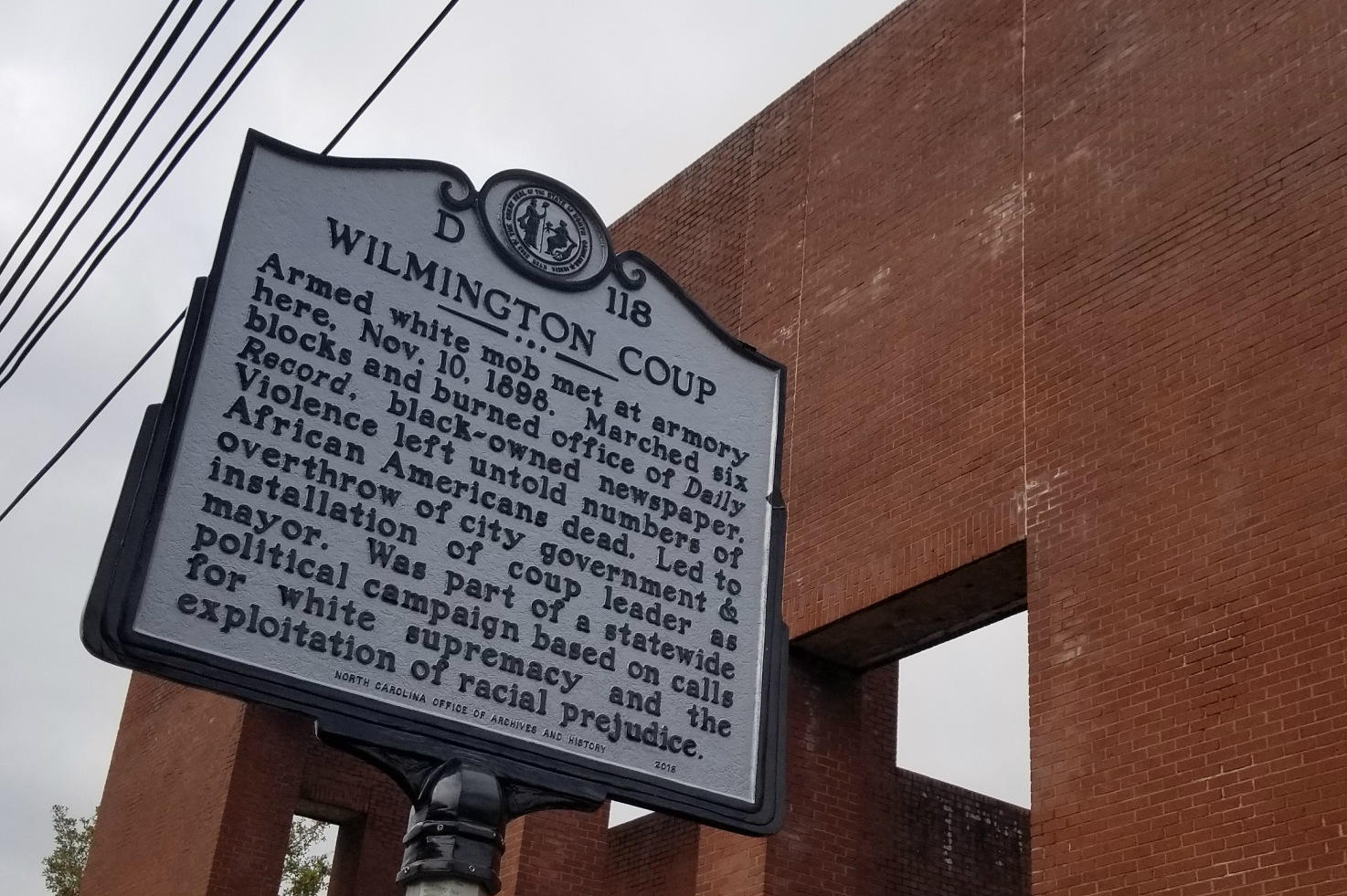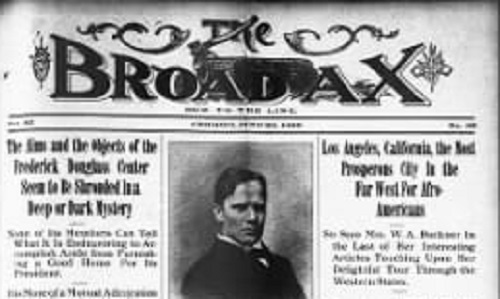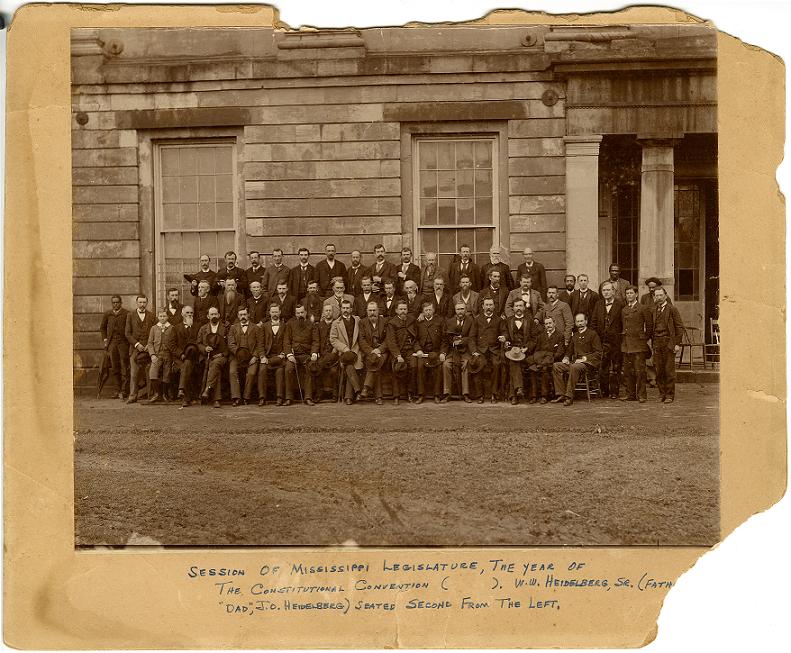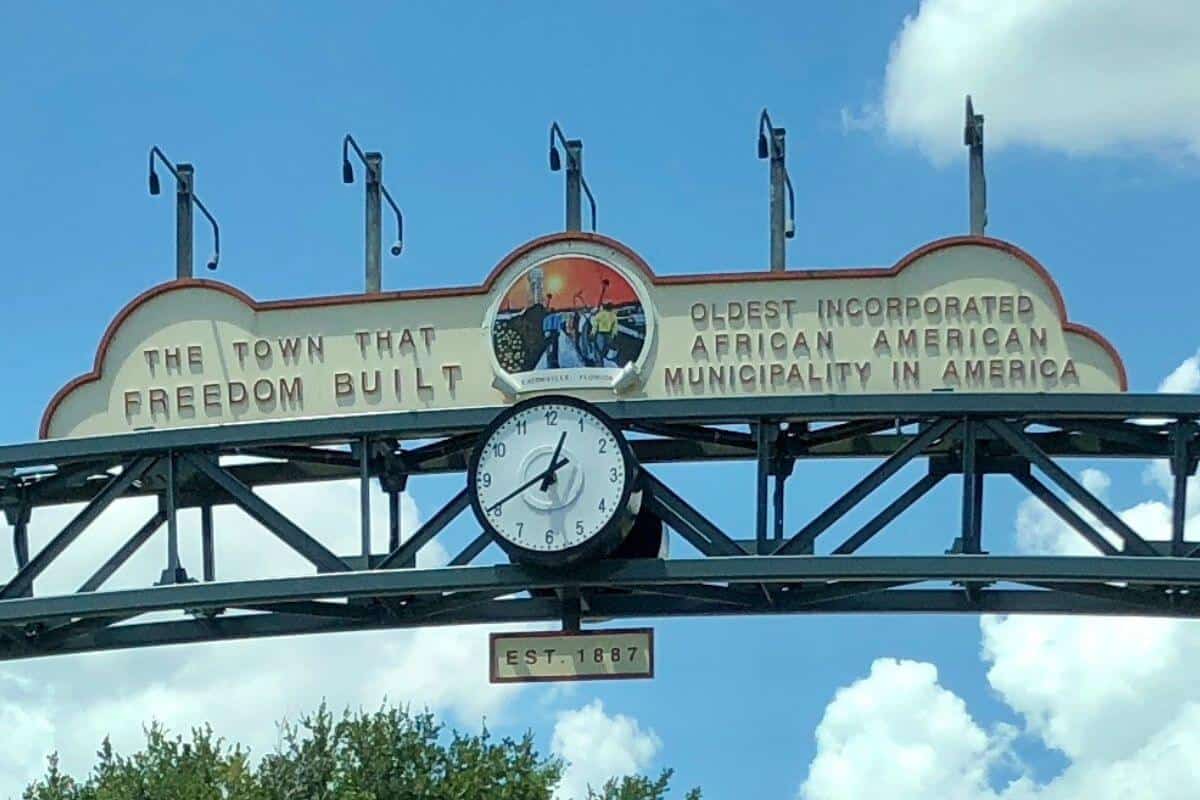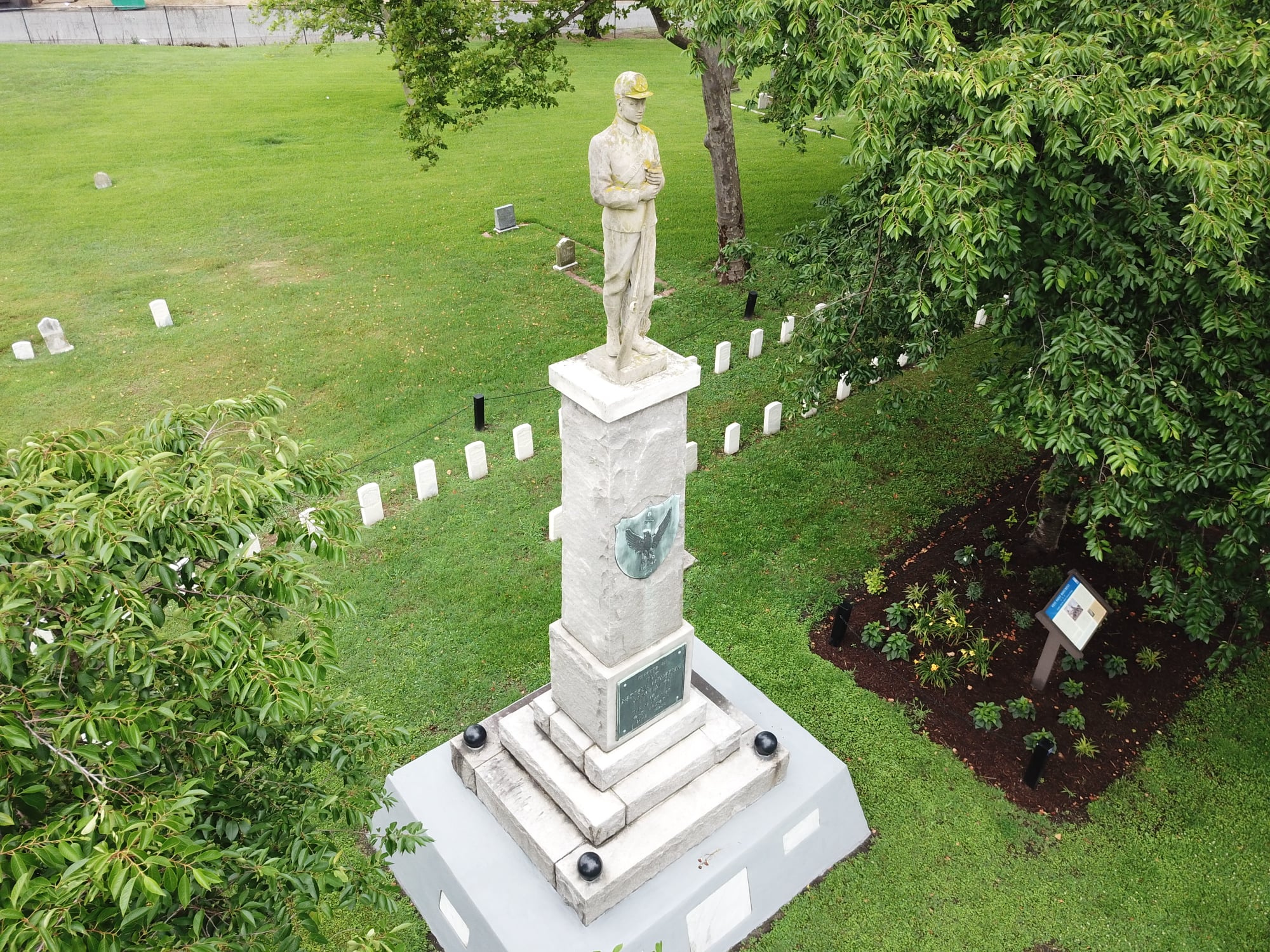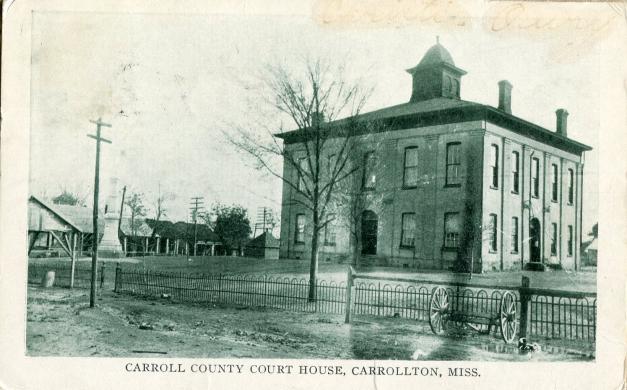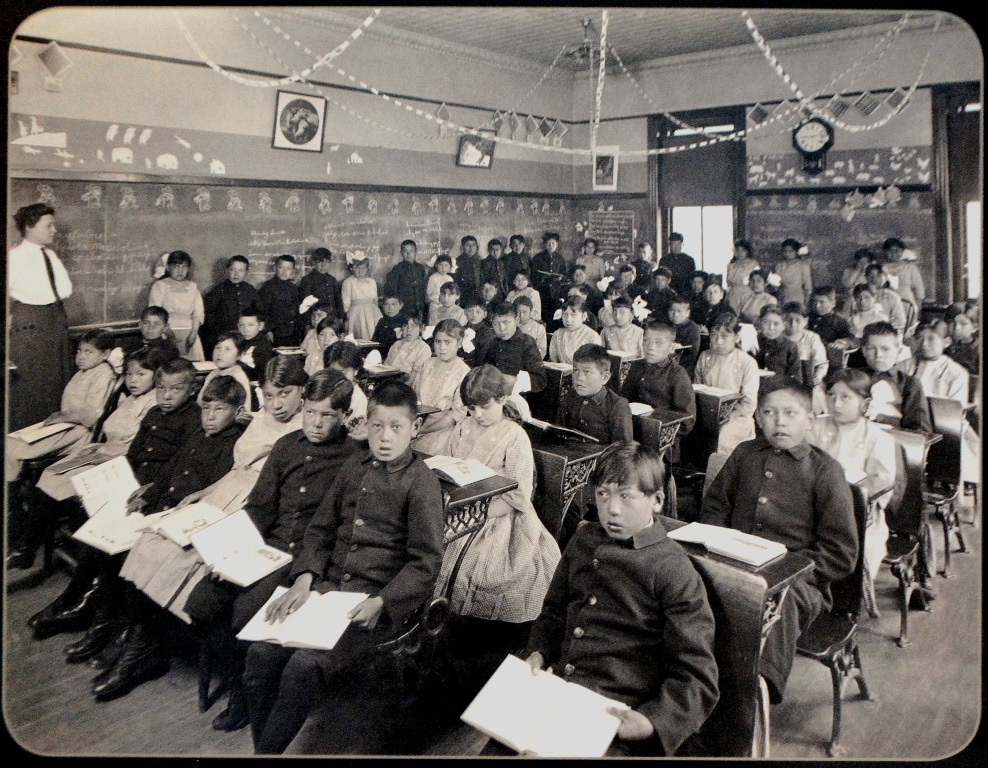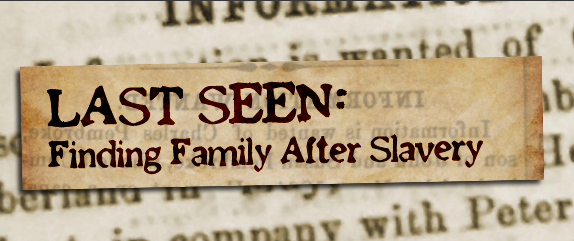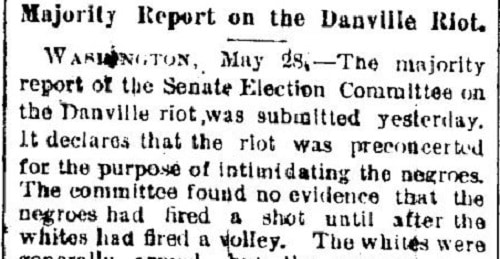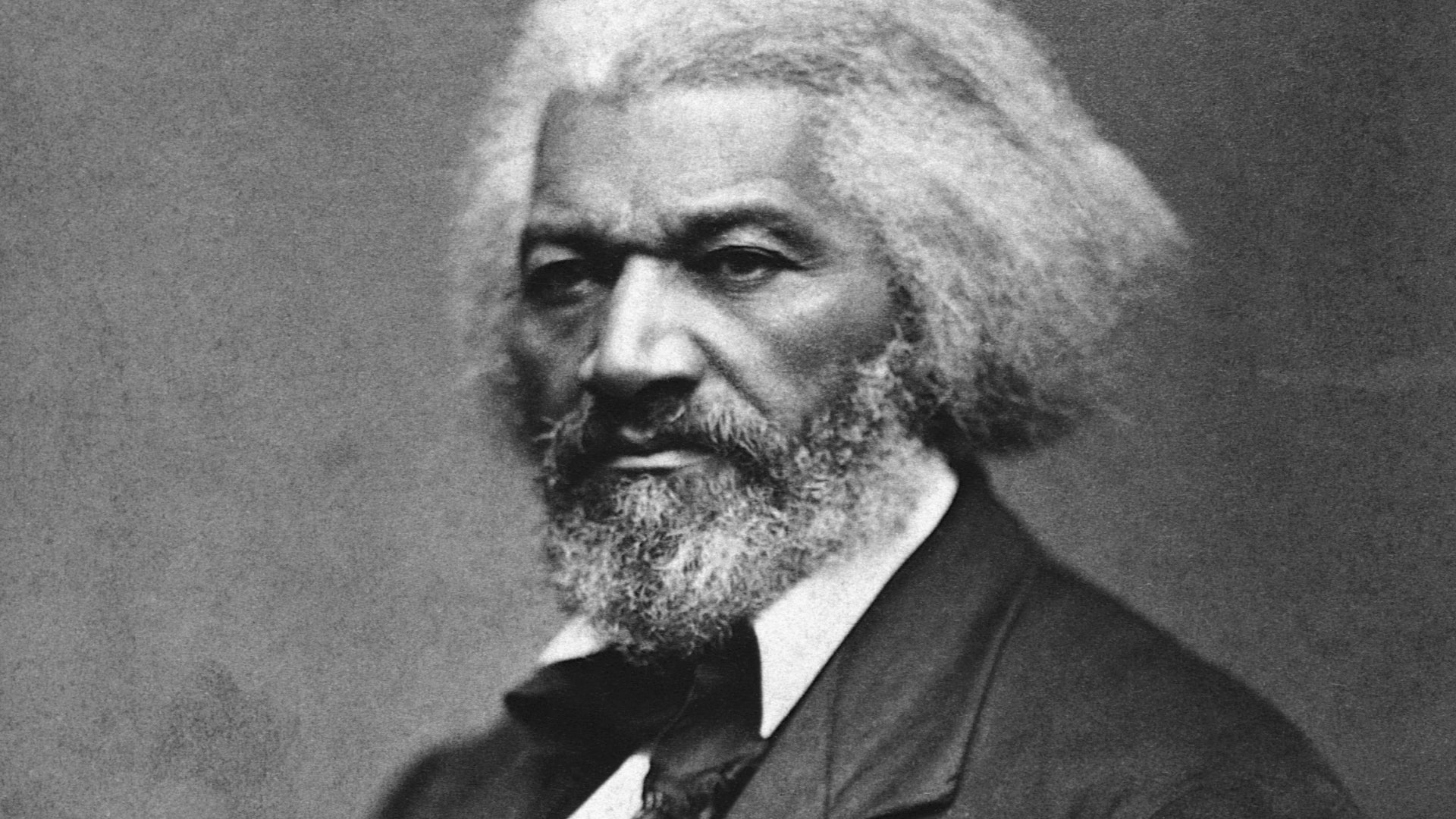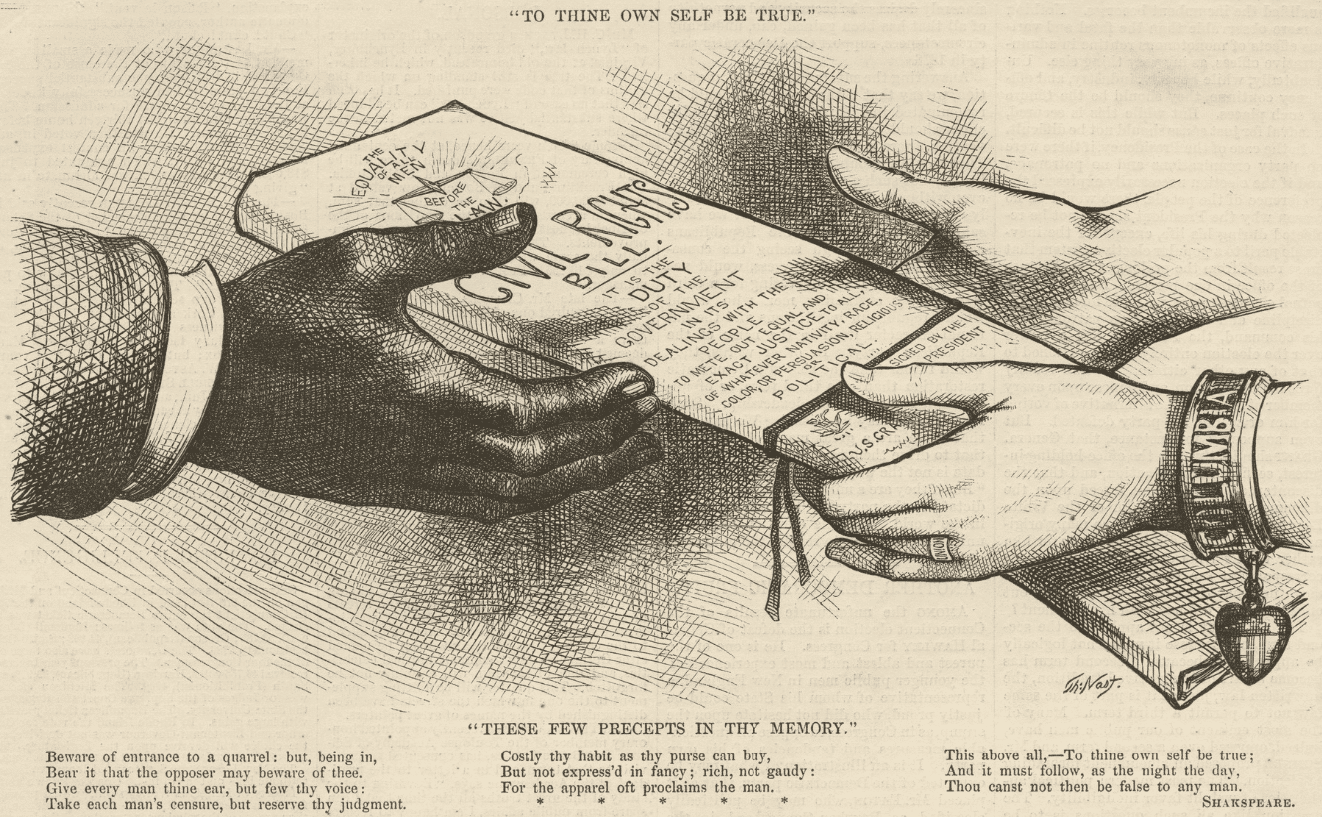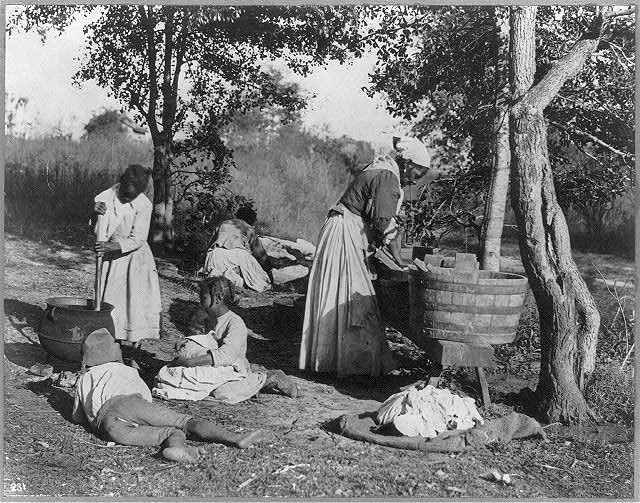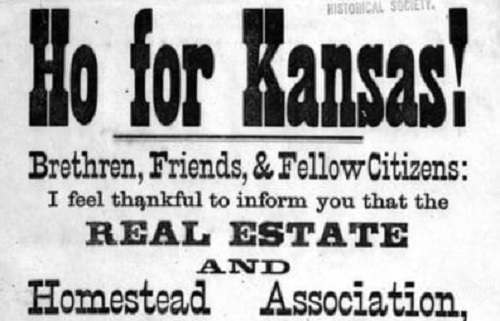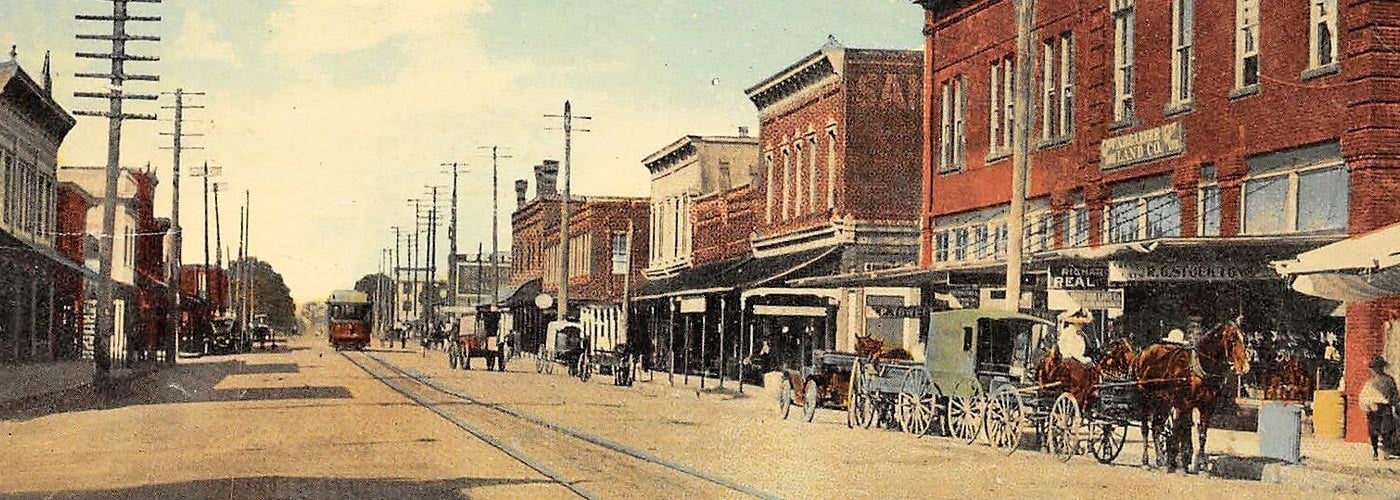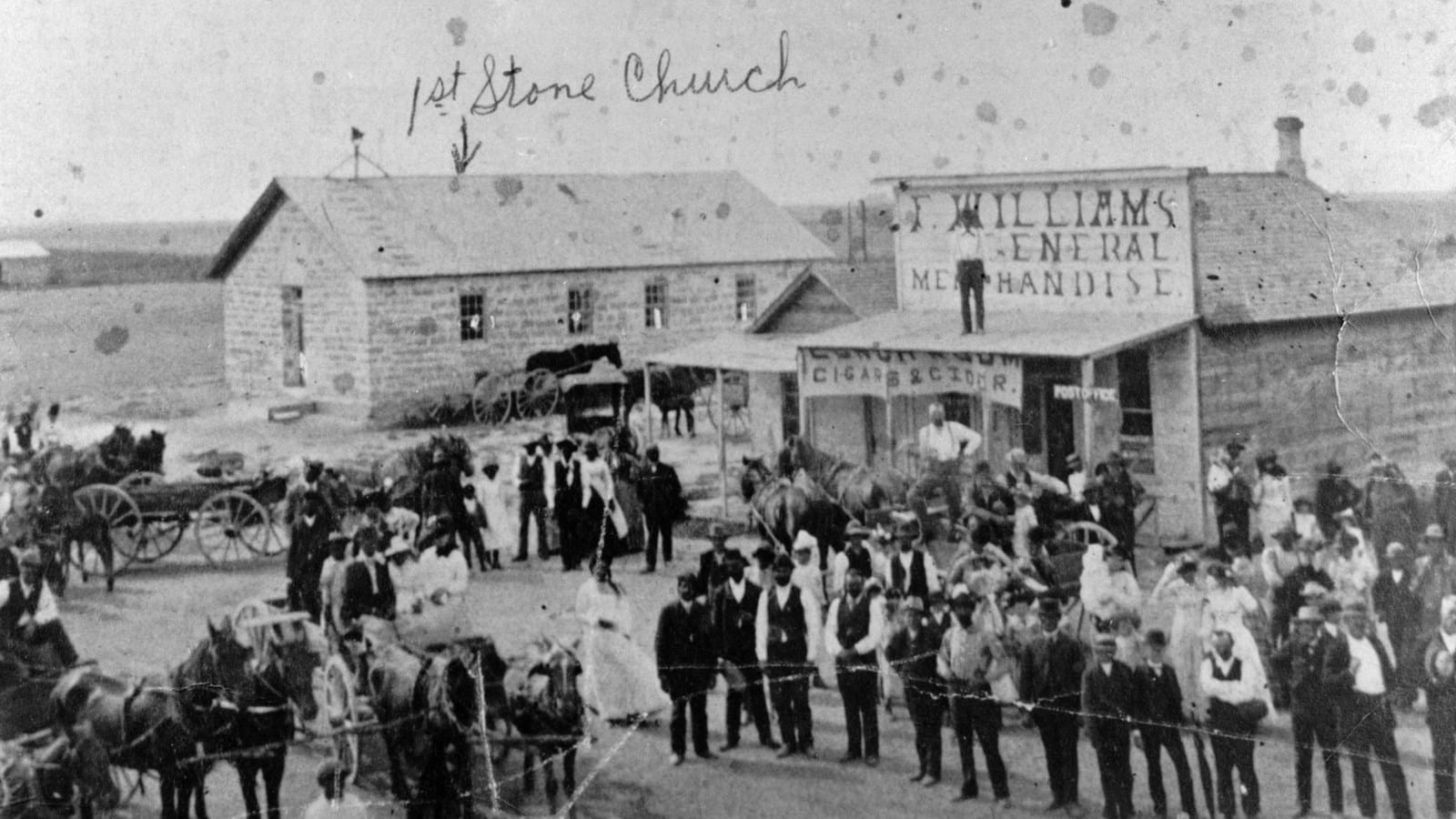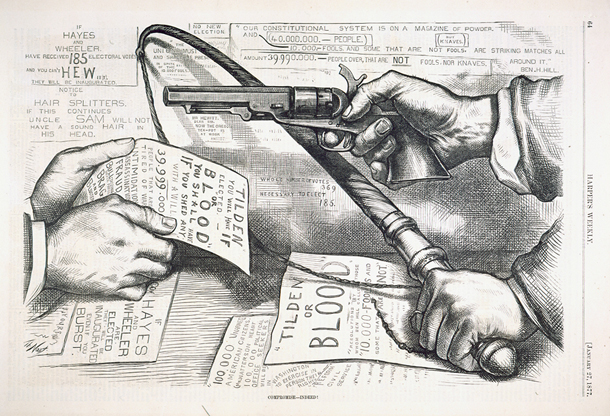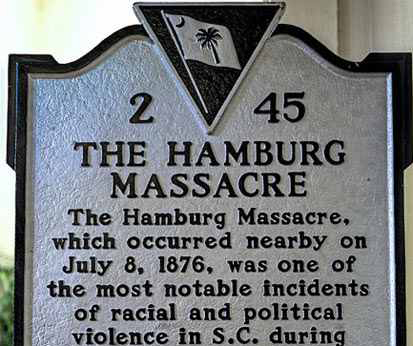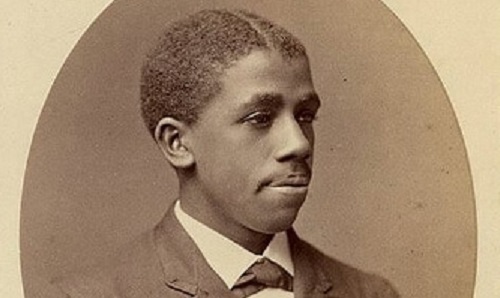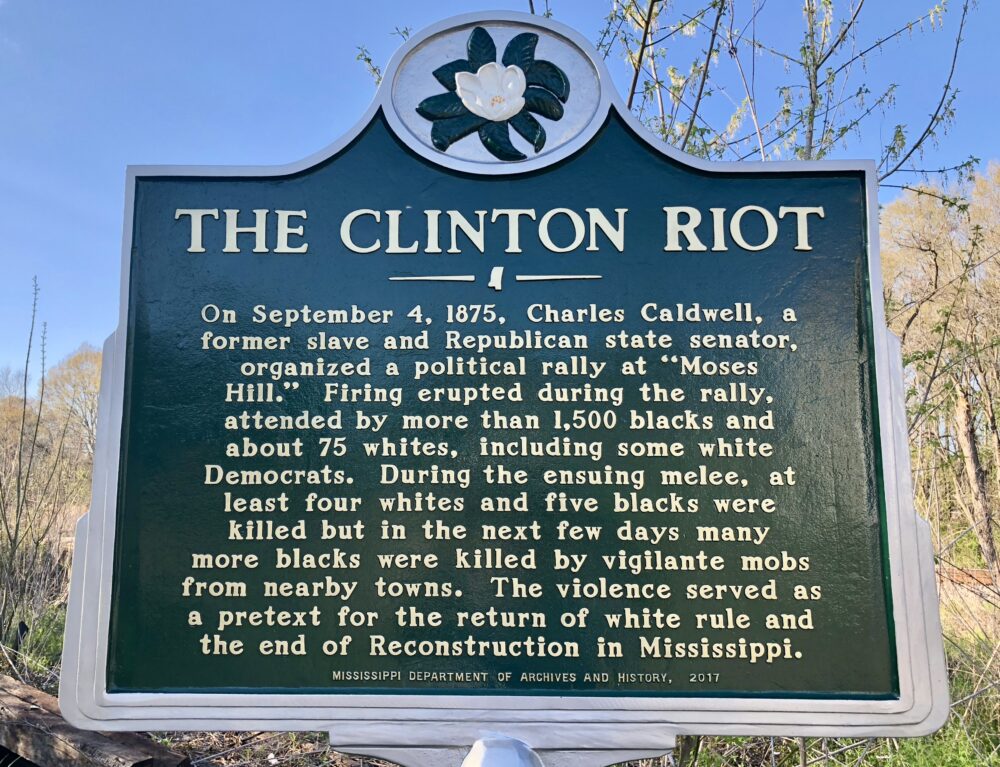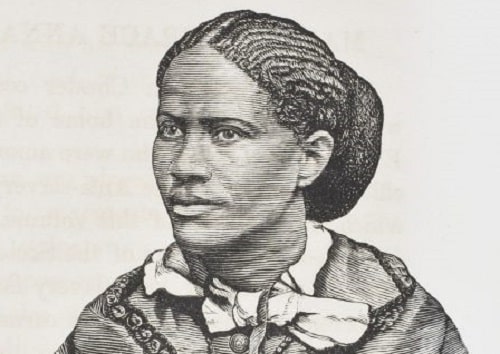Book — Non-fiction. Edited by Howard Zinn and Anthony Arnove. 2014. 704 pages.
Speeches, letters, poems, and songs for each chapter of A People's History of the United States.
Continue reading
Teaching Guide. By American Social History Project with foreword by Eric Foner. 1996.
Primary documents, essays, and questions to teach the untold story of Reconstruction.
Continue reading
Book — Non-fiction. By James W. Loewen. 2018. 480 pages.
Provides a detailed critique of 12 leading high school history textbooks.
Continue reading
Book — Fiction. By Howard Fast. 1944. 294 pages.
The politics and economics of Reconstruction told through memorable historical fiction.
Continue reading
The Ex-Slave Mutual Relief, Bounty, and Pension Association was founded with a dual mission to organize mutual aid for its members and to pass federal pension legislation that would compensate every formerly enslaved person.
Continue reading
The elected and interracial Reconstruction era local government was deposed in a coup d’etat in Wilmington, North Carolina.
Continue reading
Julius Taylor founded and ran Broad Ax, a Utah-based Black newspaper which challenged commonly accepted beliefs about politics and religion at the end of the twentieth century.
Continue reading
Mississippi adopted a state constitution with poll tax and literacy tests to roll back the gains of the Reconstruction era.
Continue reading
Eatonville, Florida is the oldest Black-incorporated municipality in the United States, incorporated toward the end of the Reconstruction era.
Continue reading
The West Point Cemetery in Norfolk, Virginia was established to provide a burial area for Black soldiers and sailors who fought to preserve the Union.
Continue reading
The Carroll County Courthouse Massacre left 23 Black people dead when an armed white mob attacked an ongoing trial.
Continue reading
The Indian Industrial School of Genoa, Nebraska, the fourth non-reservation boarding school, was established by the Office of Indian Affairs.
Continue reading
During the Reconstruction Era, people emancipated from slavery searched for their loved ones throughout the United States and Canada. They often used "last seen" ads. This is one case of successful reunification.
Continue reading
African Americans voters were threatened after the Danville Riot, leading to their loss of political power in this majority African American city in Virginia.
Continue reading
In this speech, Frederick Douglass denounced the Civil Rights Cases of 1883, in which the Supreme Court held that the Thirteenth and Fourteenth Amendments did not empower Congress to outlaw racial discrimination by private individuals.
Continue reading
The U.S. Supreme Court ruled that the Civil Rights Act of 1875, forbidding discrimination in hotels, trains, and other public spaces, was unconstitutional and not authorized by the 13th or 14th Amendments of the Constitution.
Continue reading
Black women in Atlanta who washed clothes for a living organized an effective Reconstruction era strike — with clear demands, strategic timing, and door-to-door canvassing.
Continue reading
The Real Estate and Homestead Association helped organize travel and settlement for African Americans, “Exodusters,” who fled the South because of racial violence and “bulldozing” by white supremacist groups.
Continue reading
Originally inhabited by Mayaca Indigenous communities and site of the Seminole Wars in the early-to-mid 1800s, the town of Sanford, Florida was incorporated during Reconstruction.
Continue reading
Six Black Kansans and a white developer created the Nicodemus Town Company. With the goal of establishing an all-Black settlement on the Great Plains, W. H. Smith and W. R. Hill advertised the town as a haven for Black migrants.
Continue reading
Rutherford Hayes became the 19th President of the United States with a devastating impact on Reconstruction.
Continue reading
During a clear sign of Reconstruction era voter suppression, a Black militia was accused of blocking a road and punished with the Hamburg Massacre.
Continue reading
Edward Alexander Bouchet graduated from Yale University as the sixth person to receive a Ph.D. in physics in the United States.
Continue reading
Nearly 50 African-Americans were killed by white mobs during the Clinton Riot.
Continue reading
Frances Ellen Watkins Harper spoke in Philadelphia at the Centennial Anniversary of the Pennsylvania Society for Promoting the Abolition of Slavery, urging African Americans to continue organizing for justice.
Continue reading

